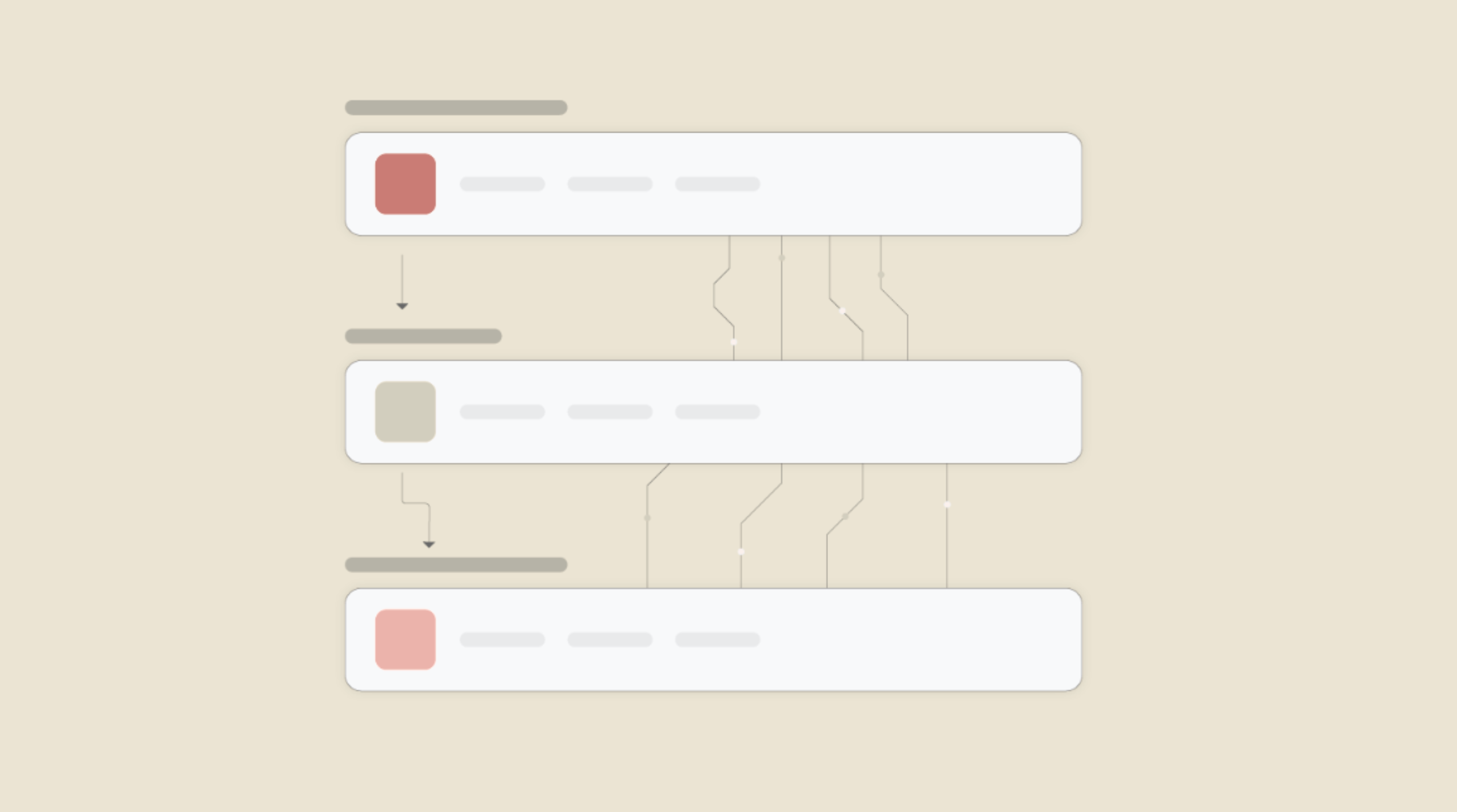Connect Returnless and inbound to Build Intelligent Automations
Enable Integrations or automations with these events of Returnless and inbound
Enable Integrations or automations with these events of Returnless and inbound
Triggers
Request Created
Triggers when a new request has been created with your Returnless form.
Actions
Approve a Request
Approve a request for a return
List All Return Orders
List all the return orders.
Reject Request
Rejects a Request in Returnless
Approve a Request Without Shipment
Approves a Request without Shipment
Create a Tag
Creates a new tags object.
Update A Tag
Update a tag.
Explore more automations built by businesses and experts
Know More About Returnless and Inbound Integrations

How viaSocket Works | A Complete Guide
Gain insights into how viaSocket functions through our detailed guide. Understand its key features and benefits to maximize your experience and efficiency.

5 Simple Automation Hacks to Make Your Team Free
Unlock your team's potential with 5 straightforward automation hacks designed to streamline processes and free up valuable time for more important work.

What is Workflow Automation - Definition, Importance & Benefits | A Complete Guide
Workflow automation is the process of using technology to execute repetitive tasks with minimal human intervention, creating a seamless flow of activities.
Frequently Asked Questions
To start, connect both your Returnless and inbound accounts to viaSocket. Once connected, you can set up a workflow where an event in Returnless triggers actions in inbound (or vice versa).
Absolutely. You can customize how Returnless data is recorded in inbound. This includes choosing which data fields go into which fields of inbound, setting up custom formats, and filtering out unwanted information.
The data sync between Returnless and inbound typically happens in real-time through instant triggers. And a maximum of 15 minutes in case of a scheduled trigger.
Yes, viaSocket allows you to add custom logic or use built-in filters to modify data according to your needs.
Yes, you can set conditional logic to control the flow of data between Returnless and inbound. For instance, you can specify that data should only be sent if certain conditions are met, or you can create if/else statements to manage different outcomes.
About Returnless
Returnless is a platform designed to streamline and simplify the process of managing product returns for eCommerce businesses. It offers tools to automate return workflows, enhance customer experience, and reduce the operational costs associated with returns.
Learn More




